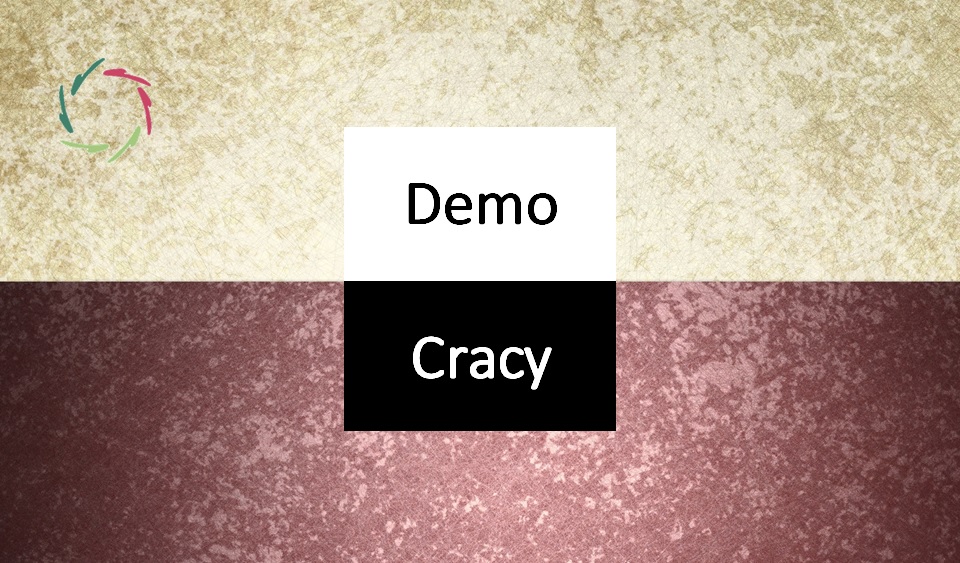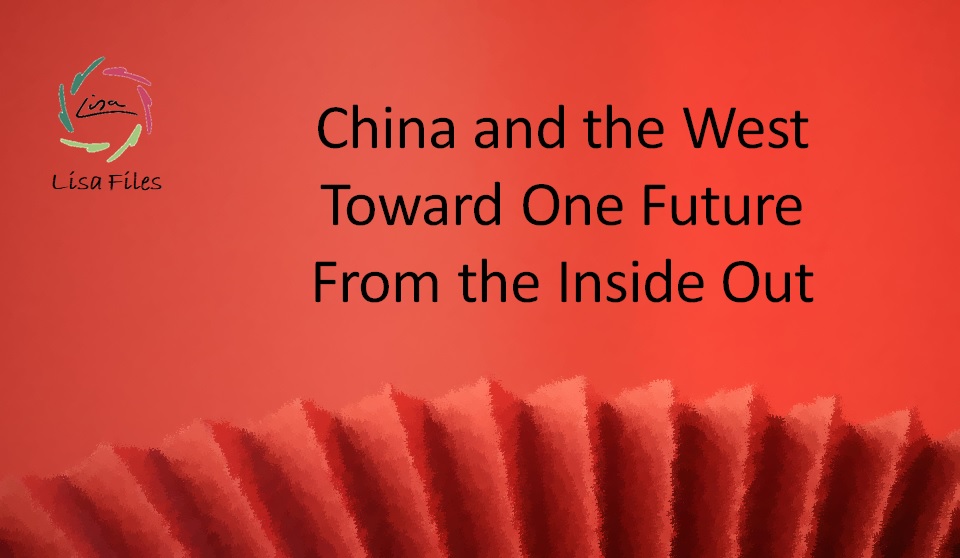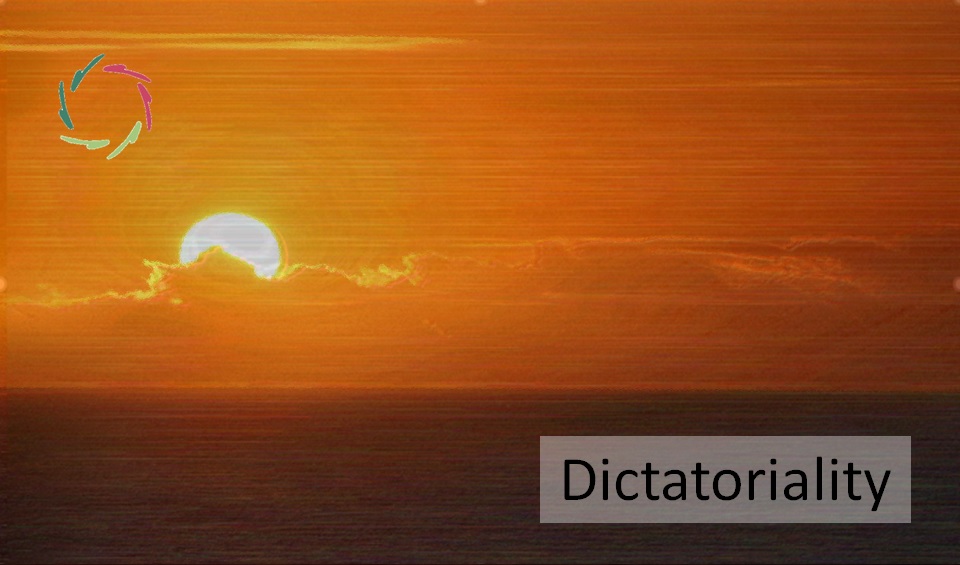Demo Cracy

‘Power to the people’ is not self-evident. Who is this ‘people’? And what kind of ‘power’ is desirable? Eventually, democracy is the only worthwhile way, but in which way?
►►► WHY read this? Democracy itself will increasingly be under pressure if we do not act now.◄◄◄
Demos Cratos
Demos = people; cratos = power.
Power to the people: Not one person or a few do whatever they want, while others have as only choice to follow and labor for the few’s benefit.
It’s a good principle, obviously. So let’s start with this. Note that there is nothing about ‘the vote’ in this principle. It is more abstract – to begin with – than any concretization. Starting from this principle, in principle, many paths are possible.
Democracy under pressure?
Yep. For instance, pressure due to COVID. Chinese people wonder why the West is acting in a way that has led and will – so clearly again! – lead to a humanitarian and economic disaster soon enough. The Chinese response was relatively quick, decisive, and authoritarian. The result, compared to Belgium (where I live): 290 x (= 29.000%) fewer deaths per million inhabitants, and this is only until now. This should mean something to people.
It does. It is no success for democracy. In my view, democracy has some explaining to do.
Another already-present sign of pressure is the embarrassing pre-election situation in the US. No further explanation is needed if you read this text at the time of writing.
More pressure to come
Inevitably. In an ever more complex society, with ever more complex technology and societal evolutions, democracy needs to evolve.
This is not the last virus that comes to visit us.
Climate change. New technologies. Perhaps most of all: A.I., soon enough.
From mechanic democracy to organic democracy
This mainly revolves around a view upon demos, the human being itself. In a mechanic view, you can count votes, and that’s all there is to democracy. That’s a no-goer, of course.
People are organisms, thus: complex. [see: “Complex is not Complicated“] They can be motivated and manipulated. They can be caring, smart, stupid, utterly egoistic, far-sighted, altruistic, compassionate, or suffering from a post-humiliation syndrome. Most relevant of all, they all have a nonconscious in huge need of proper support.
Without the latter, democracy is a terminological contradiction. In a complex environment (the present, even more the future), without proper support, people have no power. They are mere instruments of power. A semblance of self-power reduces them even more to an instrumental state.
Sorry about that. It is just basic common sense. Open your eyes or be blind forever.
Inner Strength is not outward power
One can find this, close-to-core, in the great religions. For instance, the main message of Jesus is precisely this. You need an immense lot of Inner Strength to know your destiny on the cross and yet go for it while, as ‘le fils de papa,’ all outward power is yours even without asking.
Inner Strength is not outward power. It is rather kindness. [see: “Kindness is strength.“] Note that, at the same time, it is also far from vulnerability. [see: “Don’t Be Vulnerable”] It is close to what I see as Stressional Intelligence. [see: “Stressional Intelligence: Sensitivity Without Vulnerability“] This is also deeply related to mental and physical health, so important in times of COVID!
The power to the people is not straightforwardly about outward power. The latter, if present, is worthy if it flows from Inner Strength. In the end, it also does mean ‘Inner Strength’ to everyone.
At a more superficial level, this is not readily evident, which is why the mistake between the two concepts is made so often. Strongmen showing themselves being strong. What a joke.
Worldwide democracy
Although it sometimes doesn’t look like it, the world is increasingly becoming one village. This is an excellent evolution. One uniform culture within this village is not needed, not wanted. At least, I love different cultures, a diversity of viewpoints and ways of expression.
The more, the better.
Expressions of the same humanity
In the diversity, one can even best of all see how, underlying, it’s about the same. We are, basically, all very much ‘the same.’
This is also a basic tenet of AURELIS and Lisa.
Wearing facemasks
In the West, wearing a facemask is seen by many as a sign of weakness. Symbolically, that may be correct. Non-symbolically, it is nonsense, of course. But even so, it depends on the way one does wear it. I mean, if there is much anxiety under the mask, then one may indeed not be sure whether this anxiety doesn’t annihilate the positive mask-effect.
Symbolically, a facemask can also be a sign of strength. We ‘go for it together.’ In that sense, it is a sign of caring from the inside out. It may help people to find the cratos of the demos.
A facemask can be a symbol – and therefore also a realization – of true democracy.
Do you think this is far-fetched?
In COVID-times, finding our Inner Strength together is crucial.
In a democracy of the future, this is a top priority. Without it, we’re lost to autocracy.
‘Democracy’ is, by definition, not only about the present-day, Western-style variant. There is no power to people – or to any individual – If people cannot choose their way of expressing it. In my view, this doesn’t denigrate democracy.
We absolutely need democracy.
To safeguard it, we need to get to the core of it.


